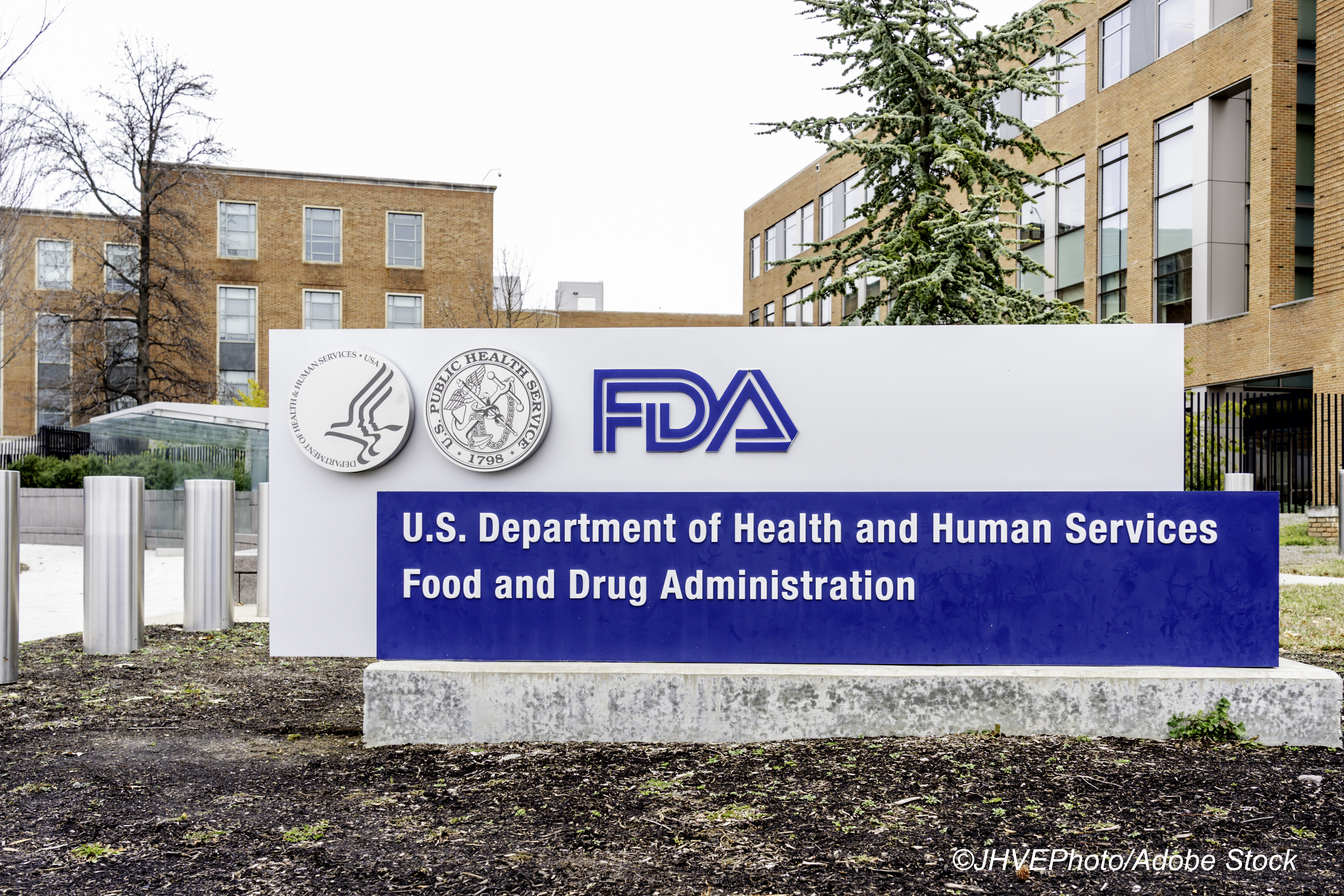The FDA said it will “follow the science” in regard to approving Covid-19 vaccines for children younger than 12 years. Noting that there are many questions about the vaccine approval process for this age group, FDA Commissioner Janet Woodcock, MD, and Peter Marks, MD, PhD, the director of the FDA’s Center for Biologics Research and Evaluation issued a statement outlining the steps the agency will follow to bring a Covid-19 vaccine on board for this age group.
Woodcock and Marks issued the statement less than 24 hours after President Joseph R. Biden unveiled his administration’s latest plan to boost vaccinations nationwide among those 12 or older. In his speech, Biden mentioned ongoing studies of vaccines in children younger than 12 and pledged his administration’s support of those efforts.
“It’s important that the public recognize that, because young children are still growing and developing, it’s critical that thorough and robust clinical trials of adequate size are completed to evaluate the safety and the immune response to a Covid-19 vaccine in this population,” Woodcock and Marks wrote in their joint statement. “Children are not small adults–and issues that may be addressed in pediatric vaccine trials can include whether there is a need for different doses or different strength formulations of vaccines already used for adults.”
They outlined a three-pronged approach for assuring the safety and efficacy for these vaccines.
- “First, vaccine manufacturers have reported that the necessary clinical trials involving children as participants are currently underway. Some have stated that they are still enrolling, and some are still administering doses or following participants. This process is expected to include a follow-up period of at least about two months, to allow for proper safety monitoring following the administration of vaccine doses for at least half of the clinical trial vaccine recipients.
- “Once the manufacturers complete the relevant portion of their clinical trials, they have to complete the analysis of the data from the studies to understand how safe the vaccine is and how well it works in the clinical trial participants. The FDA will work closely with each manufacturer to ensure this data analysis is robust and meets regulatory standards. After manufacturers analyze their clinical trial data, they will compile the information and may request an emergency use authorization (EUA) or submit for approval a biologics license application (BLA), as appropriate, for this young population to the FDA.
- “When a completed request for EUA or approval has been received by the FDA, the agency will carefully, thoroughly and independently examine the data to evaluate benefits and risks and be prepared to complete its review as quickly as possible, likely in a matter of weeks rather than months. However, the agency’s ability to review these submissions rapidly will depend in part on the quality and timeliness of the submissions by manufacturers.”
Woodcock and Marks noted that they would not cut any corners in this process. “Conducting clinical trials to determine an appropriate vaccine dose in children requires additional work over that done in the adult studies, including ensuring that the vaccine dosage and formulation strength used is the appropriate one from the perspective of safety and generating an immune response,” they wrote.
In their statement they also addressed a critical issue of whether parents could ask their physicians to vaccinate their children with one of the vaccines now available, but which are not authorized or approved for this patient population. Woodcock and Marks noted that the vaccines now “being studied in younger children are not necessarily the same vaccine doses that were authorized for individuals 12 year and older or approved for individuals 16 years and older—there are different dosing regimens being investigated,” they wrote.
And while there is as yet no specific timeline for the rollout of these vaccines the agency noted it is working “expeditiously.”
Meantime, they added, “it’s especially important that parents and others who interact closely with children under 12 years of age get vaccinated, wear masks, and follow other recommended precautions so that we can protect those who cannot yet protect themselves through vaccination.”
Candace Hoffmann, Managing Editor, BreakingMED™
Cat ID: 138
Topic ID: 85,138,933,190,926,138,44,192,927,725,928,925,934



